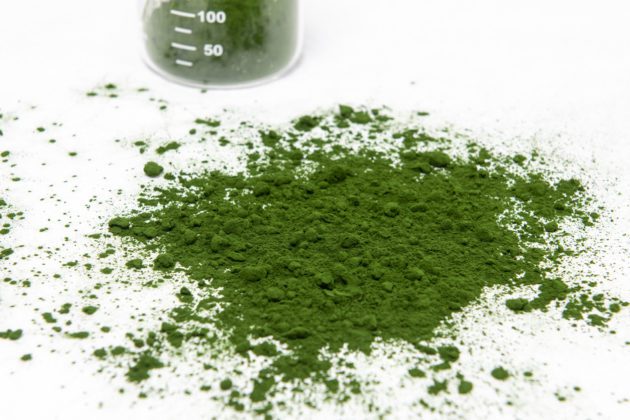HybridFoods
Novel hybrid foods targeting future sustainability and health challenges

In the project we aim to develop novel, sustainable, and nutritious hybrid meat analogue products based on high moisture extrusion technology, combining plant proteins with ingredients derived from fish and poultry by-products, seaweed, microalgae, and insect larvae.
Start
01. Oct 2021
End
30. Sep 2025
Funded by
The Research Council of Norway
Cooperation
Department of Clinical Medicine, University of Bergen; Centre for Applied Research (SNF) at NHH Norwegian School of Economics; Department of Agrotechnology and Food Sciences, Wageningen University & Research (WUR).
Project Manager(s):
Other Participants:
Tor Andreas Samuelsen
Dagbjørn Skipnes
Liv Helene Sickel
Tone Aspevik
Project outcomes will include novel processing technology enabling improved food utilization of bioresources, reduced energy consumption, and improved texture formation and product juiciness.
Background
Based on an estimated global population growth to about 10 billion people by 2050, we are facing major challenges within food security, sustainability, and population health.
Consumption of red and processed meat is associated with several health issues, and elevated pollution and greenhouse gas emissions. Technology enabling production of healthy meat analogues with the finished form of foods consumers expect will contribute to reduce red meat consumption.
The HybridFoods project is designed to meet these challenges through development of nutritious and healthy prototype meat analogue products based on novel upcycling and extrusion technology.
Present meat analogue products are mainly based on highly processed plant protein isolates and may contain inadequate levels of essential amino acids, vitamins, and n-3 PUFAs. HybridFoods will develop technology enabling formulation of sustainable and more healthy hybrid products based on inclusion of fish and poultry byproducts, seaweed, microalgae, and insect larvae.
Goal
The primary objective of the project is to develop novel, sustainable, and nutritious hybrid meat analogue products based on high moisture extrusion technology, combining plant proteins with ingredients derived from fish and poultry by-products, seaweed, microalgae, and insect larvae.

What we do
Nofima will work on development of prototype meats analogue formulations based on high protein legumes combined with protein and other nutrients from fish and poultry byproducts otherwise discarded or used in low value feed products.
HybridFoods will also address novel applications of Norwegian seaweeds, microalgae, and insect larvae.
By use of minimum processed ingredients and protein plasticization technology, reduced energy consumption and improved texture formation and product juiciness will be obtained.
HybridFoods will apply an advanced analytical platform for physicochemical and techno-functional characterization of ingredients, food mixtures and prototype products.
Texture characterization will be linked to sensory perception evaluated by a trained sensory panel.
In collaboration with UoB we will evaluate effects of optional ingredient mixtures on nutritional quality and bioactivity, and in collaboration with SNF environmental and societal impacts based on life cycle assessment (LCA) and cost-benefit analyses (CBA).